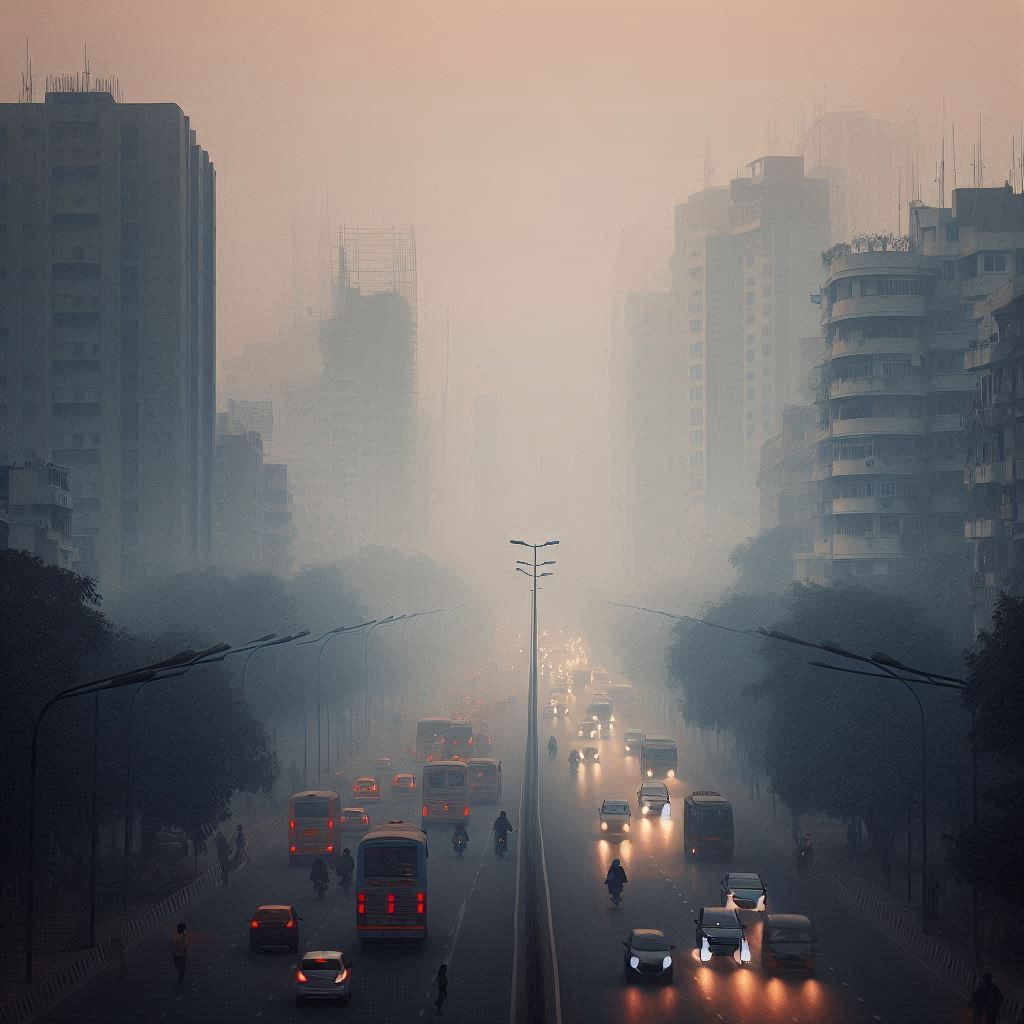Current Air Quality Status
The air quality in Delhi has remained in the “severe” category for the fourth consecutive day. As of 1 pm on Saturday, the average Air Quality Index (AQI) stood at 408, according to the Ministry of Earth Sciences’ System of Air Quality and Weather Forecasting And Research (SAFAR). At these levels, even healthy individuals can experience respiratory illnesses from prolonged exposure to air pollution.
Understanding AQI Levels
- Good (0-50): Air quality is considered satisfactory, and air pollution poses little or no risk.
- Satisfactory (51-100): Air quality is acceptable; however, some pollutants may pose a moderate health concern for a very small number of people.
- Moderate (101-200): Air quality is acceptable; however, there may be a moderate health concern for a very small number of people who are unusually sensitive to air pollution.
- Poor (201-300): Air quality is unhealthy for sensitive groups. The general public is not likely to be affected at this AQI range.
- Very Poor (301-400): Air quality is unhealthy. Everyone may begin to experience health effects; members of sensitive groups may experience more serious health effects.
- Severe (401-450): Air quality is very unhealthy. Health alert: everyone may experience more serious health effects.
- Severe Plus (450+): Air quality is hazardous. Health warnings of emergency conditions. The entire population is more likely to be affected.
Recent Measures and Impact
Visuals shared by ANI on Saturday morning showed the area around India Gate engulfed in a thick layer of smog. Due to the rising pollution levels, primary schools in Delhi were shifted to online classes on Friday. Additionally, the authorities in the national capital banned construction activities and restricted the movement of non-electric buses as Stage 3 of the Graded Response Action Plan (GRAP) came into force across the National Capital Region.
Graded Response Action Plan (GRAP)
The GRAP is a set of incremental anti-pollution measures triggered to prevent the further worsening of air quality once it reaches a certain threshold in the National Capital Region. Apart from the restrictions on construction and non-electric buses, the authorities were directed to impose strict restrictions on the movement of Bharat Stage-III petrol vehicles and Bharat Stage-IV diesel vehicles that do not conform to updated emissions norms. Residents were also urged to use public transport, work from home if possible, and walk or cycle for short distances instead of using vehicles.

